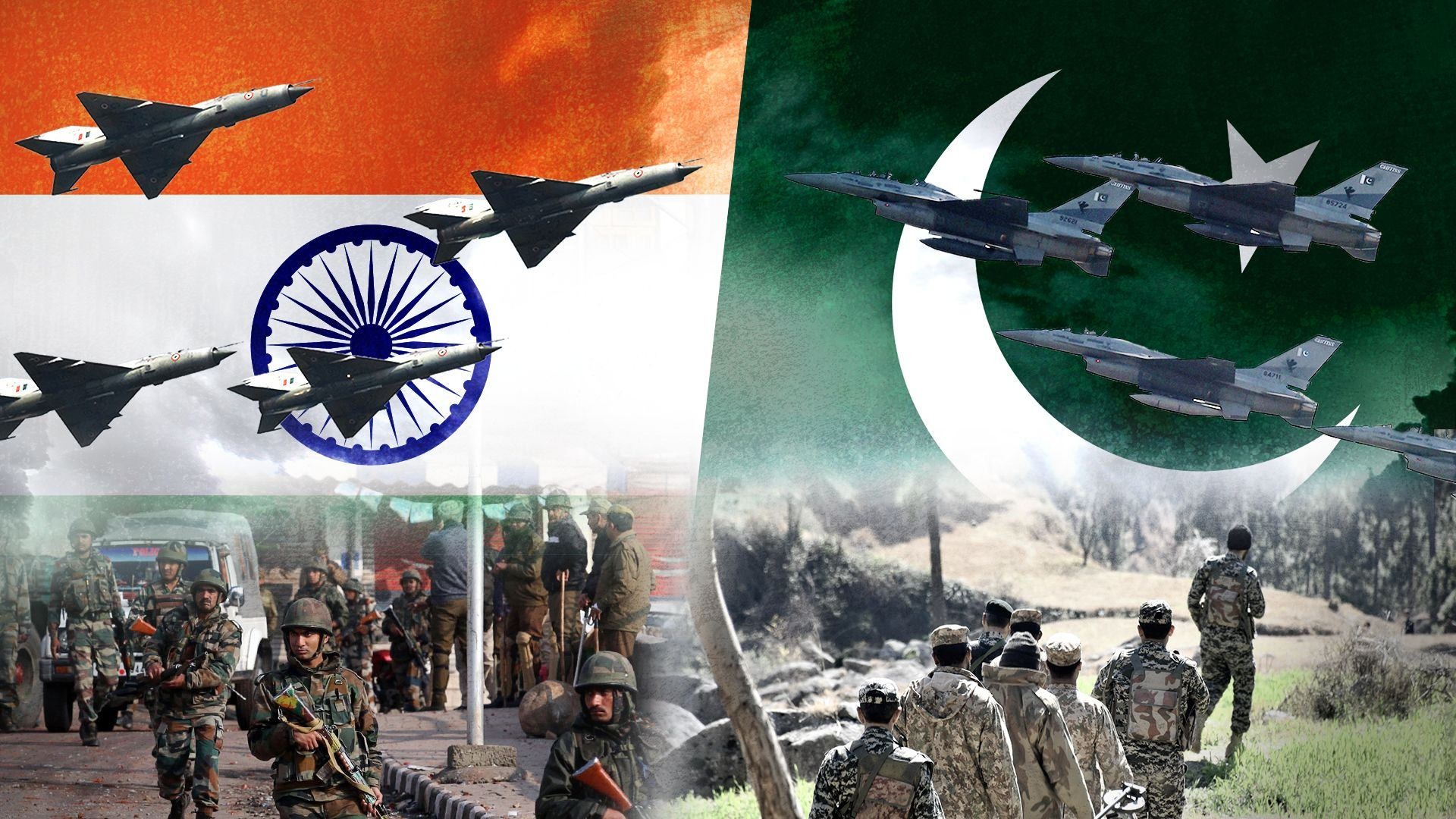
India-Pakistan Agreement: The Kashmir Question Remains Unresolved
By Shahriar Alam
May 11, 2025
The dust has barely settled on yesterday's hastily arranged ceasefire agreement between India and Pakistan, yet critical questions are already emerging about what the deal actually achieves—particularly regarding the long-contested Kashmir region.
A Deal Without Substance
Defense analysts point out that the agreement lacks any substantive long-term provisions. More troublingly for New Delhi, it contains no meaningful terms addressing the Kashmir dispute or establishing clear protocols along the Line of Control. The absence of such provisions has sparked widespread concern among Indian citizens.
"This appears to be a capitulation rather than a negotiation," said Dr. Rajesh Kumar, former diplomat and regional security expert. "The Modi administration seems to have abandoned its previous hardline stance under pressure."
Military Miscalculation
What was initially framed as a show of strength quickly devolved into a strategic embarrassment for India. Despite commanding significantly greater military resources than Pakistan on paper, Indian forces appeared unprepared for the intensity of Pakistan's response.
Military observers note that the turning point came when Pakistan's JF-17 fighters reportedly destroyed an S-400 air defense system—a sophisticated Russian-built platform that forms the backbone of India's air defense network. Sources close to the government indicate that shortly afterward, New Delhi urgently contacted Washington requesting mediation to end hostilities without preconditions.
"The three-day engagement exposed critical vulnerabilities in India's defense posture," commented Brigadier (Ret.) Sunil Kapoor. "Pakistan demonstrated capabilities far beyond what most analysts had anticipated."
Economic Fallout
The Modi government has cited economic fragility as justification for avoiding prolonged conflict, sparking legitimate questions about why military tensions were escalated in the first place. Financial experts predict catastrophic long-term consequences, with some estimating recovery could take up to 15 years.
"This confrontation couldn't have come at a worse time," said Priya Sharma, chief economist at Global Markets Research. "India was positioning itself as the alternative manufacturing hub to China amid ongoing US-China trade tensions. This demonstration of instability will send potential investors running."
European and American business leaders have privately expressed disappointment, with many now questioning whether India can truly serve as a counterweight to Chinese economic influence in Asia.
'Operation Sindur': A Messaging Failure
The naming of India's military action as 'Operation Sindur'—referring to the vermilion powder symbolizing marriage in Hindu tradition—has raised eyebrows domestically and internationally. Communications experts criticize the nomenclature as inconsistent with the seriousness of military engagement and sending mixed signals about India's intentions.
Kashmir's Uncertain Future
Perhaps most concerning for New Delhi is what this agreement signals about Kashmir's future status. Pakistan's relatively strong performance in this brief conflict has emboldened those who believe the disputed territory could potentially be separated from Indian control.
"This agreement essentially resets the clock without addressing any core issues," warned Professor Leela Menon, specialist in South Asian geopolitics. "Without firm conditions regarding Kashmir, we're merely postponing the next crisis."
Intelligence sources suggest Pakistan will likely capitalize on this momentum by enhancing its military infrastructure along the border, particularly focusing on naval capabilities and cyber warfare readiness—areas where India has traditionally claimed superiority.
A Political Reckoning Awaits
For Prime Minister Modi, whose early political brand was built partly on promises of an uncompromising stance against Pakistan and zero tolerance for cross-border terrorism, this agreement represents a significant departure from established rhetoric.
As one senior opposition leader put it: "The government promised 'no compromise' but delivered 'no conditions.' The Indian people deserve an explanation."
With both nuclear-armed nations having narrowly avoided major escalation this time, the international community watches nervously. Without addressing the fundamental Kashmir dispute, most security experts agree, this ceasefire remains merely a temporary pause in a dangerous, decades-long standoff.
0 Comments Add a Comment?